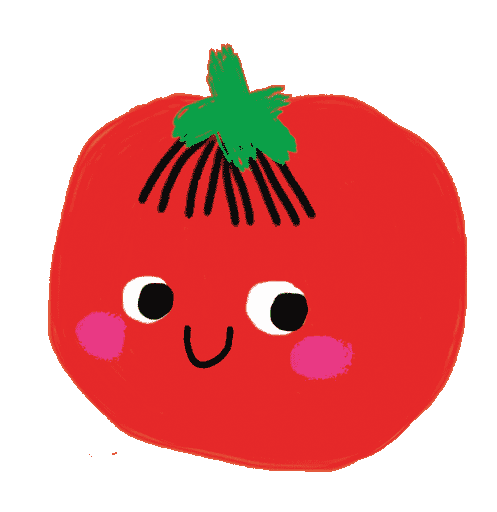
Book notes – Eloquence of the Sardine
Weaving together personal stories, legends and scientific facts, Bill Francois dives into the rich life underwater, sharing his fascination with the complex lives of sea creatures and what we can learn from them.
Mar 11, 2023
I came to read this book by following a line of curiosity about creatures of the sea that was sparked a few years ago when I came across the all around great collection "Море" (Sea) by my favourite Bulgarian publishing house. All books in the collection are focused on exploring and understanding the sea and its beings, and what additionally drew me were the stunning covers and blue sides.
Diving into the book, Bill François kicks off with visceral descriptions of the first-hand experience of being underwater - the sights, smells and sounds all around:
"The first time you plunged your head under the sea, you heard a strange sound. An acoustic pandemonium, both rumbling and clicking, as if you couldn't hear clearly. And when you lifted your head back above the surface, water dripping from your ears, you may have thought to yourself that you hadn't heard anything, that human ears must not be adapted for listening underwater, that the cacophony was merely an illusion. The sea is full of sounds, even more so than the air we inhabit"
Among these sounds are the multiple languages sea creatures have developed to communicate with each other, such as the intricate songs whales sing across vast distances. Francois talks about the loneliest whale who seems to sing their songs in an unusually high pitch, not finding a match to answer them.
In another anecdote, we dive into the growth process of a fish, observing how water flows around it. To young fish, swimming involves overcoming immense resistance, as the liquid feels like a thick, honey-like substance. As the fish grows up, this gets easier - the fish continuously learns how to slide through its environment, re-learning swimming. This ongoing adaptation and learning and becoming process unites all living, human and non-human beings.
Beyond stories about individual species, the author looks at the ecology of marine systems and how they relate to our own environment. The coral reef with its fast diversity of inhabitants seems like an underwater version of a densely populated urban area, carefully utilising available space, creating symbiosis between all beings. This collective way of being is to be found not only in our cities, but in our own bodies (almost as much bacteria as human cells can be found in our bodies) and minds too. Echoing James Bridle’s Ways of Being, our thoughts, ideas and language itself are also a symbiosis of everything and everyone we’ve come in touch with. We are but a sum of our experiences, relationships and connections within the world - not an enclosed, individual being but a part of a complex ecology. Just like the coral reef, we house and constitute a multitude of beings.
Going back to the times when our knowledge of the vast ocean was based on tales and legends told in our communities, we discover multiple species that seem to have disappeared as we started gaining scientific understanding of marine life. All the wondrous, mysterious creatures that inhabited the deep waters started losing their habitat in our consciousness as facts demystified legends about curious phenomena that used to spark awe. Francois asks, what do we lose when stories become facts and drawings become hi-res videos? There’s some magic that can’t be really substituted by scientific facts.
Towards the end, Francois reflects on the indigenous knowledge and ways of living and communicating with sea beings. In Polynesian culture, this has been happening for centuries - the shared understanding between a tribe and dolphin when fishing together, or ecological wisdom about the link between land and sea. In Western culture, this pursuit for connection with sea-life has had more literal form, as multiple experiments from the past have tried to teach dolphins human language to questionable success; verbal mutual understanding seems to be beyond the point. Teaching others our language reinforces the concept of superior human intelligence, missing the point of embracing otherness and still finding connection, as we’ll never be fully understood by another being, human or not. There is a kind of acceptance and joy to be found in whatever lies beyond words, and Francois and his sardine seem to know it.



